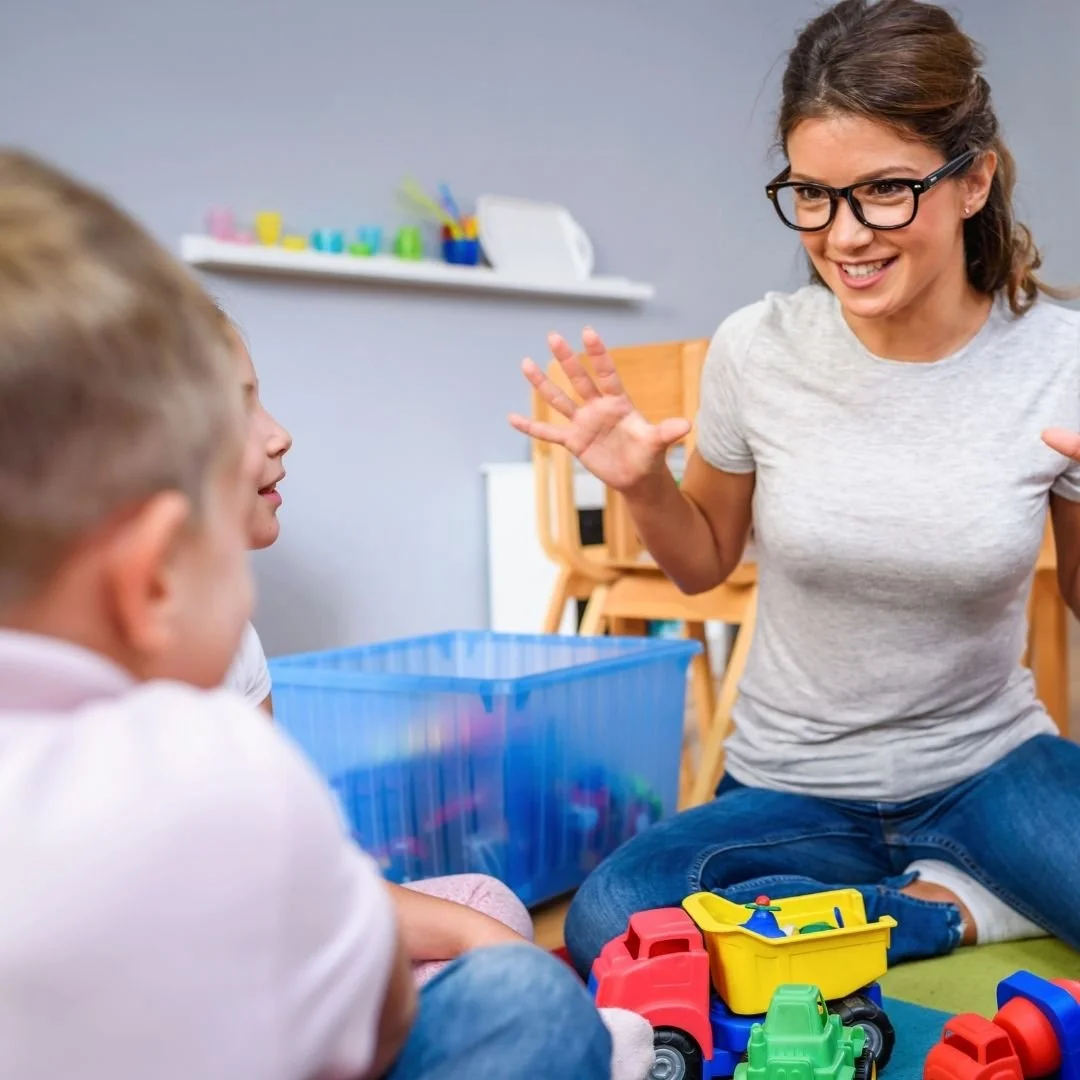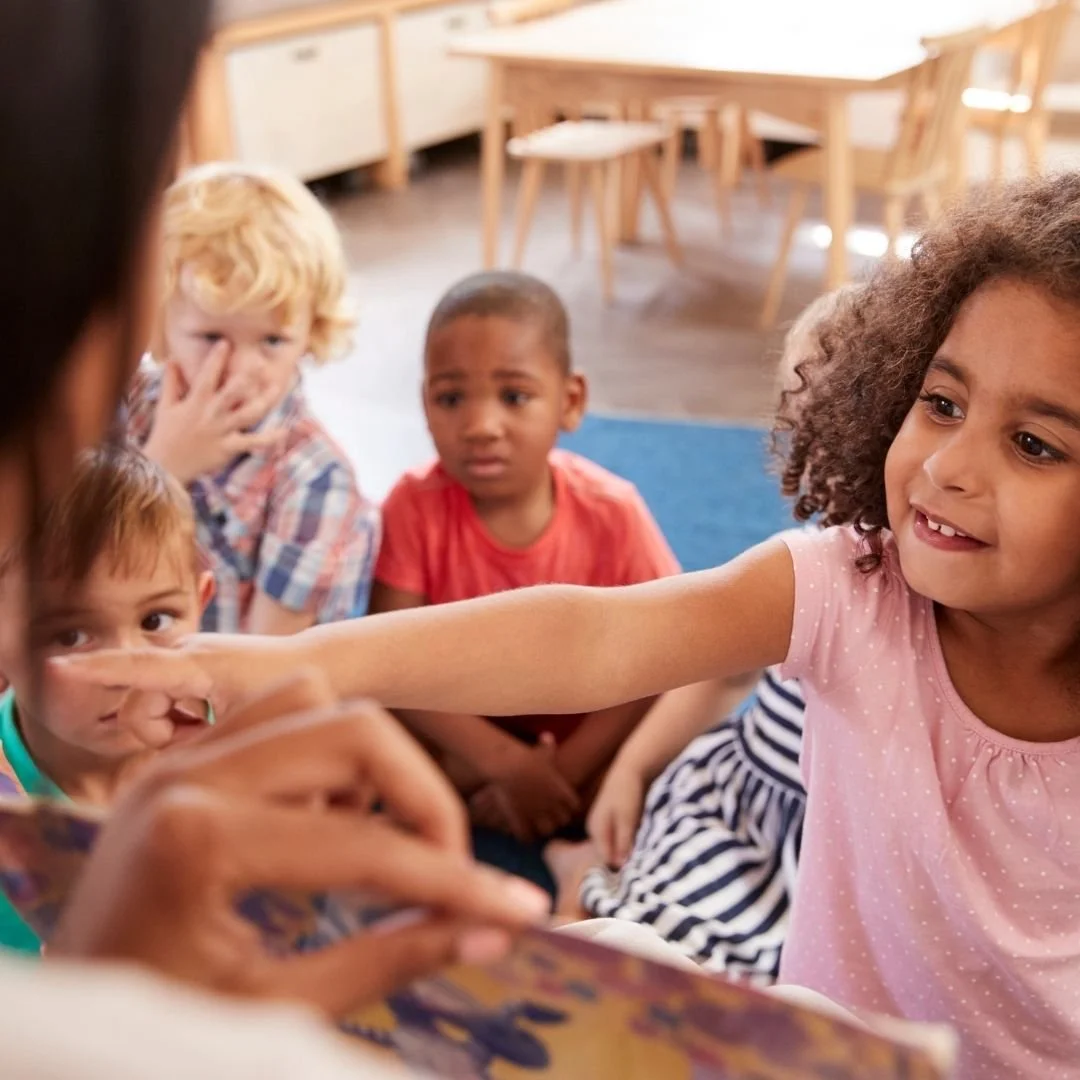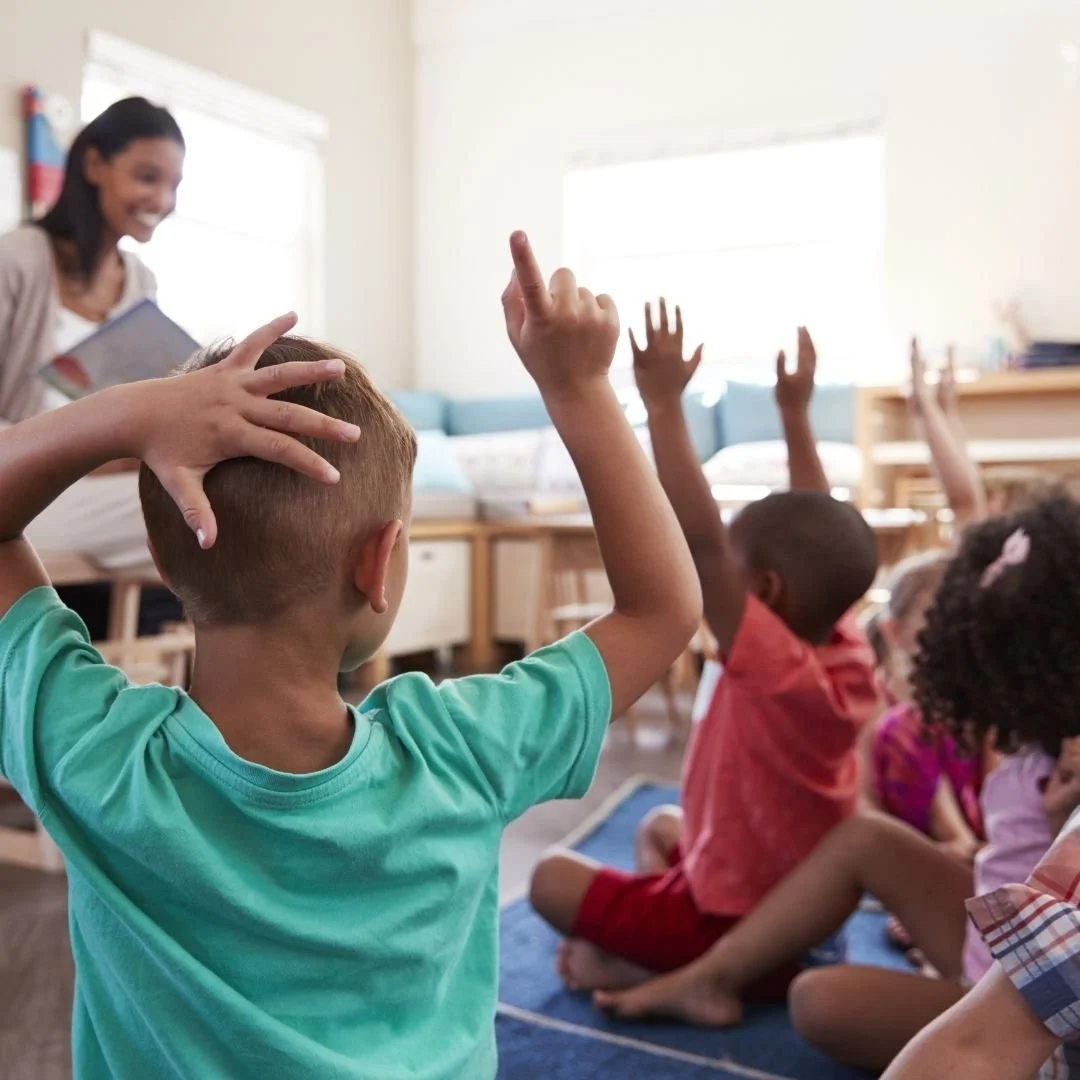Tips for Transitioning to a Montessori Preschool from Traditional Education
Transitioning your child from a traditional educational setting to a Montessori preschool can be a truly enriching experience, offering a unique approach to learning that fosters independence, self-direction, and a deep love for discovery. At Montessori Academy of Northern Colorado, we understand that this shift might raise questions for parents. This guide provides insights into what to expect and how to best support your child through this exciting change, ensuring a smooth and successful integration into the Montessori environment.
Embracing Independent Learning
One of the foundational principles of Montessori education is the emphasis on independent learning and self-correction. Unlike traditional classrooms where the teacher often leads instruction for the whole group, a Montessori environment encourages children to choose their own activities and work at their own pace. This empowers them to develop problem-solving skills and intrinsic motivation. You might observe your child taking initiative in new ways, from tidying up their space to selecting complex tasks with enthusiasm.
The Prepared Environment
The Montessori classroom, often referred to as a "prepared environment," is meticulously designed to support a child's natural development. Every material has a purpose, from practical life exercises that build fine motor skills to sensorial materials that refine the senses. This differs significantly from a traditional classroom, which might have more open-ended play areas. The order and accessibility of materials within a Montessori setting allow children to engage meaningfully and explore concepts in a hands-on way.
Multi-Age Classrooms
Montessori classrooms typically group children of varying ages together, creating a vibrant learning community. Younger children benefit from observing and learning from their older peers, while older children reinforce their understanding by guiding and assisting the younger ones. This cooperative learning fosters empathy, leadership, and a sense of responsibility. It stands in contrast to age-segregated traditional classrooms, promoting a more natural social dynamic.
The Role of the Guide
In a Montessori classroom, the educator is referred to as a "guide" rather than a "teacher." The guide's role is to observe each child, introduce them to materials when they are ready, and facilitate their learning journey without direct intervention unless necessary. This contrasts with the more direct instructional role of a traditional teacher. The guide creates a supportive atmosphere where children feel safe to explore, make mistakes, and learn from them, fostering self-reliance and confidence.
By understanding these key differences, parents can better appreciate the depth and breadth of the Montessori approach. At Montessori Academy of Northern Colorado, we are dedicated to nurturing each child's potential, fostering not just academic achievement but also critical life skills. We invite you to explore how our programs in Early Childhood Education Greeley, Preschool Greeley Colorado, and Kindergarten Greeley can benefit your child.





